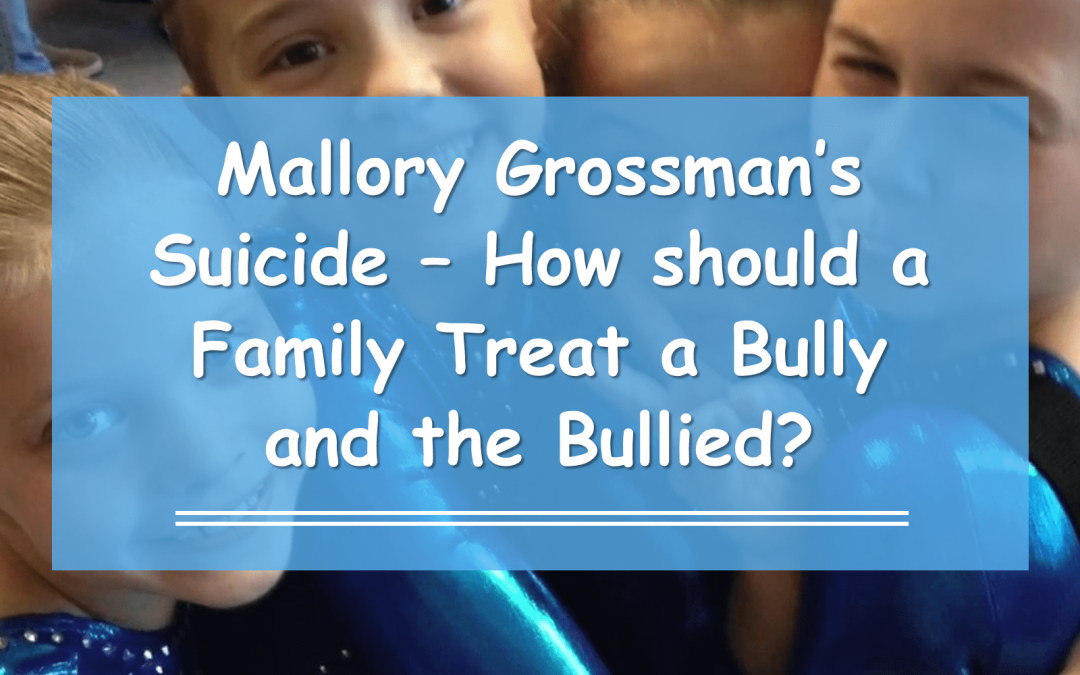In June this year, a 12-year-old girl Mallory Grossman from New Jersey, USA, committed suicide allegedly due to cyber bullying. A cheer leader and gymnast, Mallory was a sociable kid, who according to her friends was “being tormented by bullies on Snapchat”. After months of abuse, one bully reportedly asked her, “Why don’t you kill yourself?’.
Mallory’s parents Dianne and Seth told the press that they had asked the school authorities and parents of the bullies several times to take action against the emotional abuse of their daughter. According to a report in dailymail.co.uk, Dianne and Seth are suing Mallory’s New Jersey school district for “failing to intervene when she was being viciously attacked by bullies online”. Parents of several girls who bullied Mallory may also be named in the suit.
What’s more striking about Mallory’s case is her parent’s claim that everyone around her, including bullies’ parents, and school authorities, was aware of what was going on. In similar suicide cases, cyber bullying comes to light only after the death of the victim. Children usually don’t report such cases due to fear of bullies or their concern that parents might take them off the Internet.
This incident raises a question on the role of bullies’ parents in curbing such negative instincts in their children. Here are a few things that these parents must do:
- Don’t take it personally when someone tells you that your child is a bully; look at the situation objectively, with an open, empathetic mind
- If people judge saying you have not done enough to shape your child’s personality, don’t get sucked into self-judgement. Instead, introspect constructively to nail the reasons behind your child’s bullying attitude
- Scolding or punishing your child severely for being a bully is NOT the solution. This will just distance you and possibly make your child rebellious and a bigger bully
- It’s important that you sit with your child, have a polite yet open conversation regarding what’s making the child bully others. This will help you get to the bottom of the problem
- Be open to accept possible parenting issues, and visit a parenting consultant
- Show real changes in family environment and, demonstrate empathy to nurture the same in your child
- Politely yet firmly tell your child that bullying is not an option, and continually talk to your child to help him/her get out of this behaviour
On the other hand, parents of children being bullied need to take a few immediate steps to stop further damage. Here are a few tips from Andalene Salvesen, a parenting expert who works extensively in the UAE.
- Create a healthy self-image: When children learn to believe that they are worthy of love, they won’t be as affected by someone else’s attacks or lies
- Teach children how to build healthy boundaries: Kids and teenagers need to know how to put a healthy ‘fence’ around what is precious to them; a healthy appropriate ‘no!’, and a suitable ‘yes’ when necessary. Healthy emotional boundaries help them protect their own feelings
- Build strong family relationships: When children (especially teens) have a safe place to fall, they can share about what is going on and receive input before they feel overwhelmed. Everyone wants to belong to something and teens are no different. The family can play a huge role here


